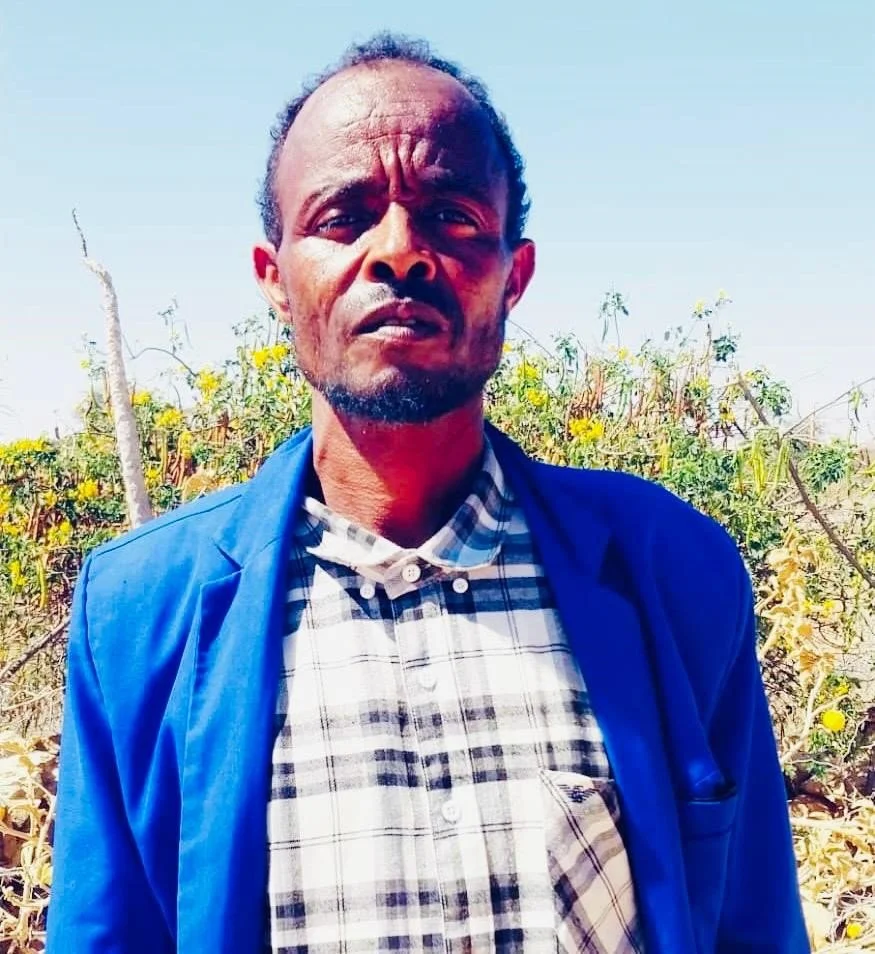Empowering Pastoralists through FMNR Training
In the heart of a rural community grappling with environmental challenges, the Farmer-Managed Natural Regeneration (FMNR) initiative has become a catalyst for change.
Mohamoud Hassan Duale is in his early 40s, a passionate pastoralist with no prior knowledge of FMNR, narrates how the training and practical implementation of this initiative have reshaped his livelihood and heightened his commitment to environmental conservation.
FMNR intervention emerged as a promising solution and despite lacking prior exposure, I eagerly embraced the opportunity to participate, driven by my intrinsic love for the environment
.
Mohamoud, a resilient man deeply involved in pastoralism, found his community facing issues of deforestation and land degradation explains,
Mohamoud's initiation into the world of FMNR began with FMNR training by Oxfam that provided insights into tree regeneration, half-moon soil bunds, tree basement catchment and sustainable land restoration. Unfamiliar with the concept initially, he quickly grasped the potential benefits, envisioning improved forage for his livestock and enhanced soil fertility. Mohamoud actively participated in the hands-on training provided by FMNR facilitators, translating theoretical knowledge into practical skills.
As Mohamoud applied FMNR practices such as tree management, tree basement water catchment and half-moon soil bunds on his land for the last 9 months, the impact was remarkable. Areas that were once barren began to thrive with regenerated trees and shrubs, offering shade for his livestock and increasing fodder availability. His belief in the potential benefits of FMNR is depicted by his words,
“This transformation will lead to healthier and more productive animals, boosting our income from livestock product sales in the near future”
Mohamoud's participation in FMNR training not only transformed his surroundings but also empowered him as a local advocate. Equipped with newfound knowledge and skills in tree regeneration and land conservation, he emerged as a valuable resource within his pastoral community. Mohamoud actively engages in sharing his experience, conducting informal training sessions, and encouraging fellow pastoralists, agro-pastoralists and farmers to embrace FMNR practices.
There are many pastoralists who like Mohamoud have adapted the technology and continuously prune trees in their locality. Majority have seen the impact of the FMNR practices like construction of half-moon structures, trimming and pruning of trees, soil and water conservation to allow trees to grow and regenerate.

